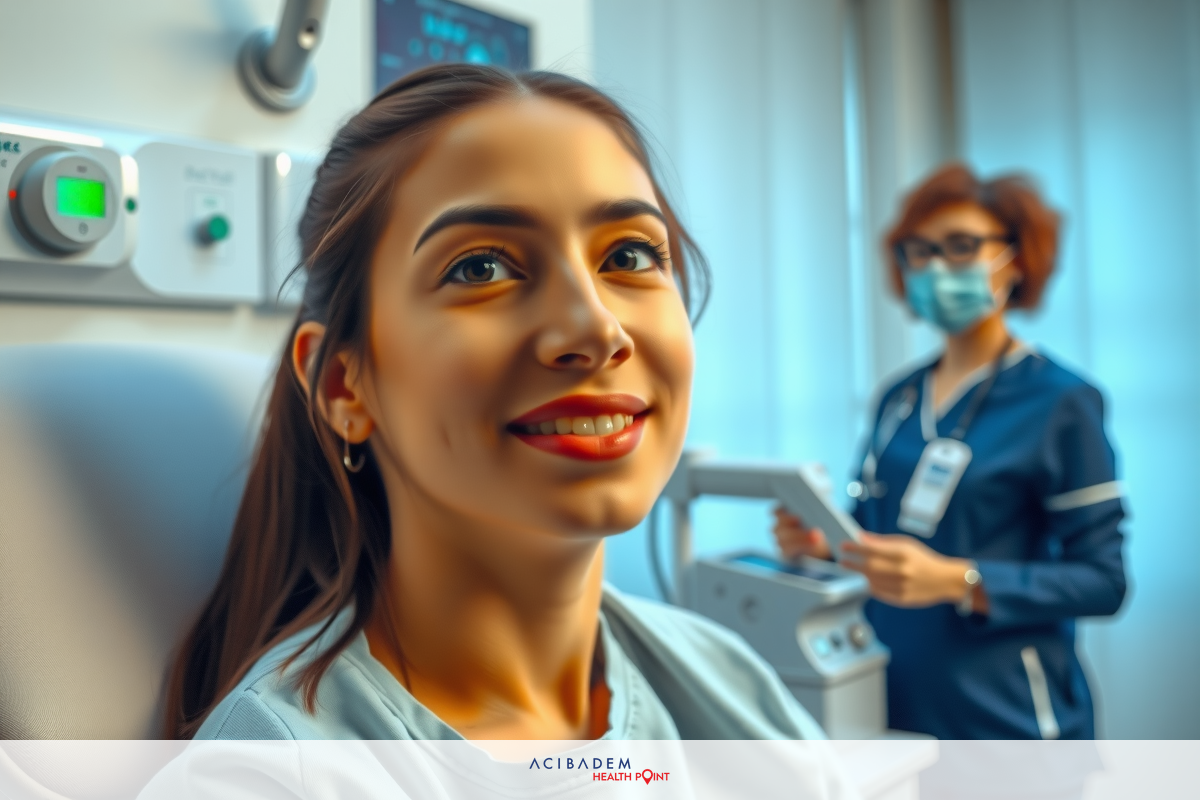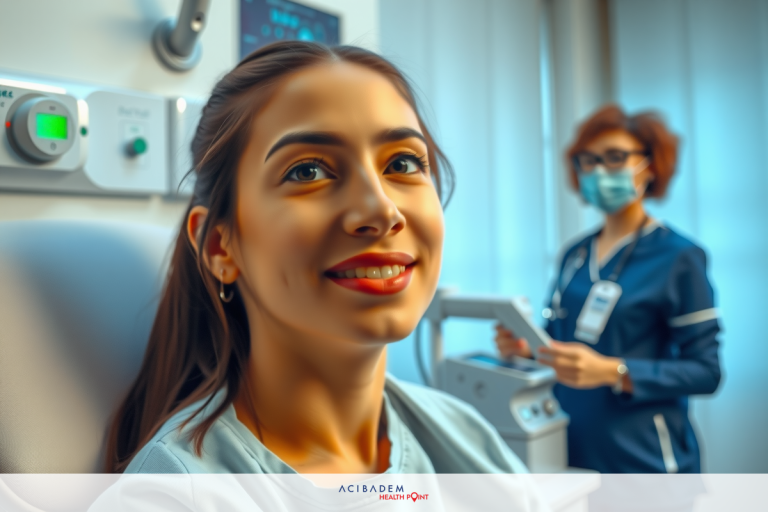Are You Asleep for Laser Eye Surgery?
Are You Asleep for Laser Eye Surgery? Laser eye surgery, a medical intervention that corrects vision imperfections, often raises questions. One of the most common inquiries is about anesthesia use during the operation. Is the patient awake or asleep? This topic deserves attention because it directly impacts potential patients’ comfort and understanding of the procedure.
Anesthesia in laser eye surgery serves to ensure minimal discomfort while maintaining patient safety. The type used can vary based on several factors such as individual health conditions and surgeon’s preference. These aspects can help ease fears associated with this treatment option – one step towards making an informed decision about your vision correction journey.
Are You Asleep for Laser Eye Surgery? Types of Anesthesia
In the realm of laser eye surgery, anesthesia plays a pivotal role. The primary objective is to ensure patient comfort while maintaining safety levels throughout the procedure. Various types of anesthesia exist, each with its unique characteristics and applications in vision correction procedures.
Local anesthesia is frequently used during laser eye surgery. It numbs only a small area where the surgeon will work on your eye, leaving you awake but comfortable. This type involves drops or injections that block nerve signals in your eye’s specific part – effectively creating a sensation-free zone for surgical intervention without putting you to sleep.
Another commonly employed method is conscious sedation. A combination of medications helps patients stay relaxed and often feel as if they are asleep during their operation. Unlike general anesthesia; it does not render them entirely unconscious. Instead, this method eases anxiety and creates temporary short-term memory loss surrounding the event.
We have general anesthesia – typically reserved for more complex cases or individuals who may find it challenging to remain still during the operation due to medical conditions such as Parkinson’s disease or certain anxieties about undergoing medical procedures whilst awake. This puts patients fully asleep ensuring zero discomfort during their laser eye treatment.
Each type offers distinct benefits depending on individual circumstances including health status and personal comfort levels with being awake versus asleep during an operative procedure like this one. It all comes down to maximizing benefits while minimizing potential risks within each unique patient context.
Comfort and Safety
The use of anesthesia in laser eye surgery isn’t just for the sake of comfort—it’s also a crucial factor in ensuring safety throughout the procedure. Regardless of whether you are awake or asleep, an underlying aim is to create an atmosphere where you feel relaxed and devoid of anxiety or discomfort.
Receiving local anesthesia might seem daunting to some patients; it allows surgeons to perform their tasks proficiently while communicating with you during the operation. This open line of communication enables them to gauge your comfort level continuously and make immediate adjustments as necessary. It’s about creating a balance—maintaining enough alertness for cooperation yet minimizing any sensations that could cause distress.
Conscious sedation provides another layer of comfort by keeping patients in a state akin to sleep throughout their laser eye surgery. While technically not fully asleep under this type of anesthesia, most individuals will have no memory of the experience due to its amnesic effects—a feature that many find comforting when undergoing such procedures.

On rare occasions where general anesthesia is used, complete unconsciousness ensures absolute physical relaxation along with freedom from pain or discomfort—an optimal environment when more complex cases require extensive surgical intervention time. It’s essential always to remember this method doesn’t come without risks which need careful consideration against potential benefits within each unique patient context. All part and parcel towards guaranteeing both comfort and safety during every step on your vision correction journey.
Recovery Process
Postoperative recovery after laser eye surgery is a crucial phase that determines the success of the procedure. Anesthesia plays an integral role, not only during the operation but also throughout this period. What can you expect in terms of comfort and progress following your treatment?
Immediately after surgery, patients might experience some temporary discomfort such as itching or burning sensations in their eyes—this is normal and typically subsides within a few hours to days post-procedure. Depending on the type of anesthesia used, mild grogginess or disorientation may be present initially as effects wear off; rest assured these feelings are temporary.
It’s important to note that while you might notice immediate improvements in vision, maximum benefits often materialize over weeks to months, patience truly becomes virtue here! During this time, routine followups with your surgeon serve to monitor healing progress and address any concerns promptly—an essential aspect towards ensuring optimal outcomes from your laser eye treatment journey.
If general anesthesia was employed for complex cases requiring longer surgical times, additional precautions would be necessary during recovery. This might include extended observation periods immediately after surgery or specific considerations regarding when it would be safe for you to eat again given potential lingering effects on muscle coordination including swallowing mechanisms. All aimed at ensuring safety alongside comfort every step along your path towards clearer vision without glasses or contact lenses.
Everyone’s body responds uniquely within its own timeframe so don’t compare yourself with others. It’s all about what works best for you individually! Keeping open communication lines with healthcare providers ensures personalized care tailored specifically towards meeting unique needs effectively. Contributing positively not just towards physical healing but emotional well-being too through reassurance and support provided at each stage post-laser eye surgery.
Frequently Asked Questions
What type of anesthesia is commonly used in laser eye surgery?
Local anesthesia and conscious sedation are frequently employed. They offer sufficient comfort during the procedure while allowing you to remain awake but relaxed.
Will I feel any pain during the operation?
Anesthesia's primary role is to ensure a pain-free experience. Most patients report feeling only mild discomfort, if any at all.
How long will it take for me to recover fully after my laser eye surgery?
Recovery times can vary from person to person. While some people may notice instant improvements in vision, maximum benefits often materialize over weeks or even months.
Can I return home immediately after my surgery?
Yes, most patients do go home shortly post- procedure; due to lingering effects from anesthesia, they must arrange for someone else to drive them back. These answers are intended purely for informational purposes and should not replace professional medical advice. Always consult with your healthcare provider regarding personal health concerns.








